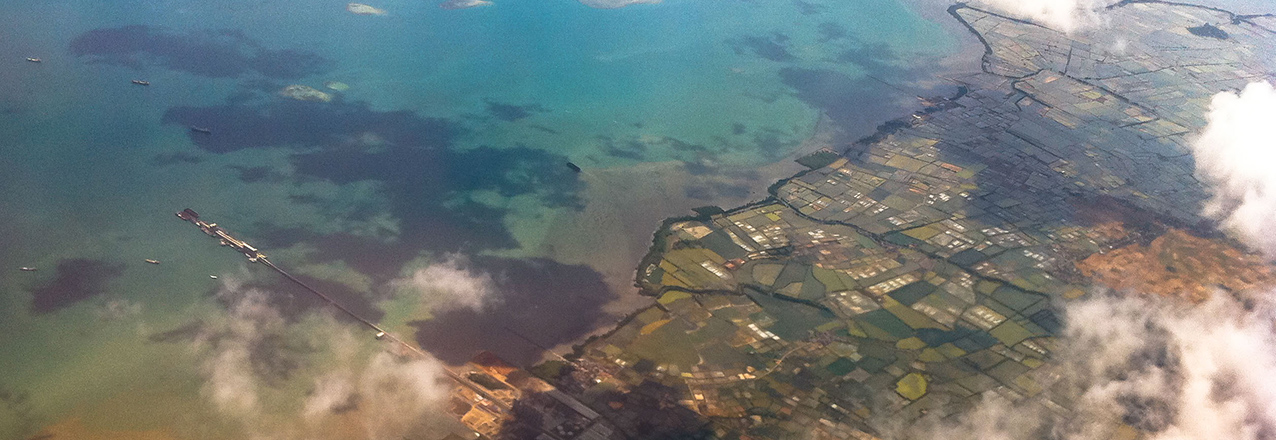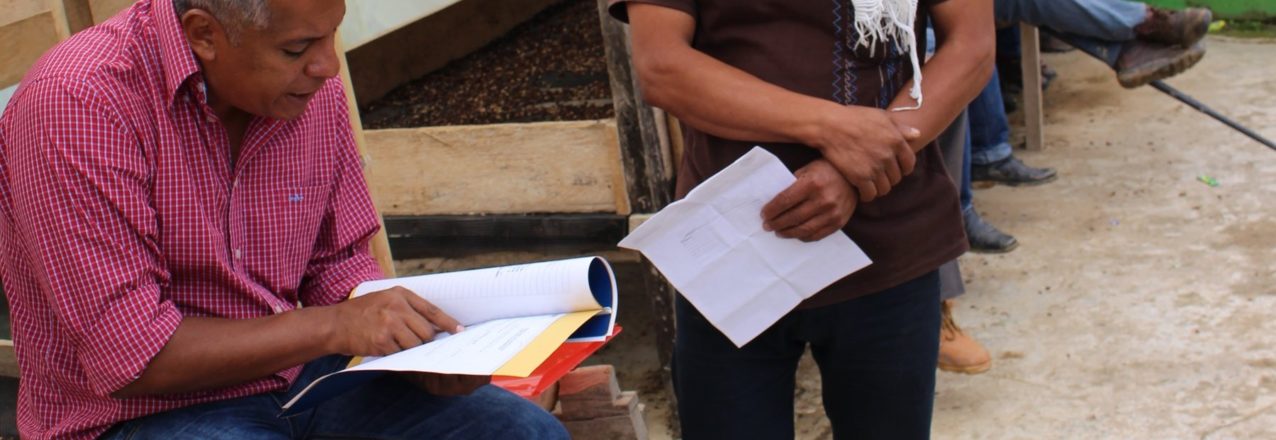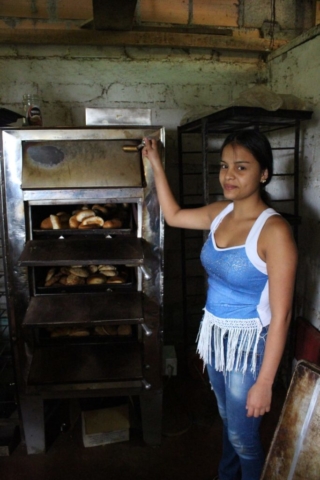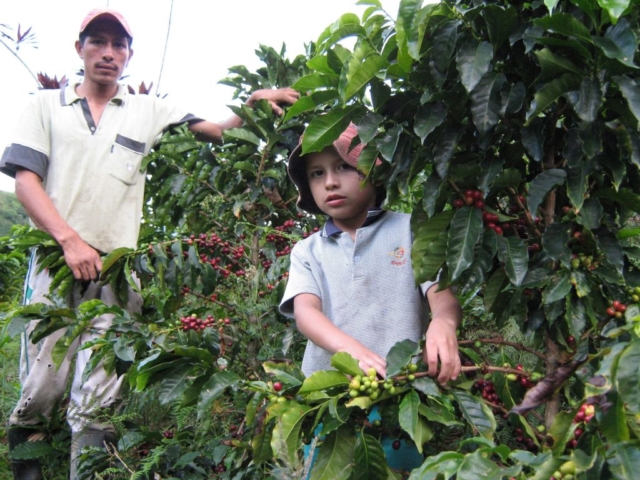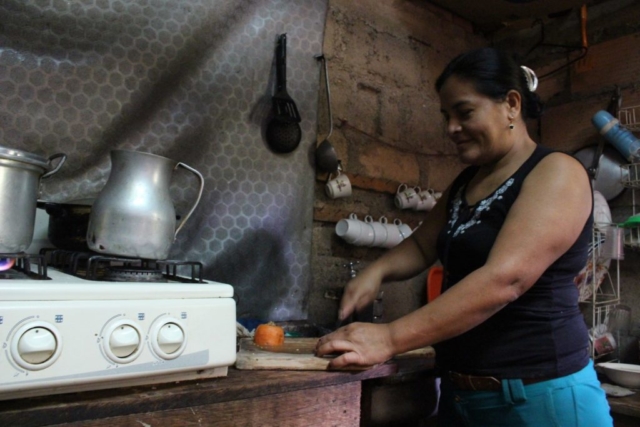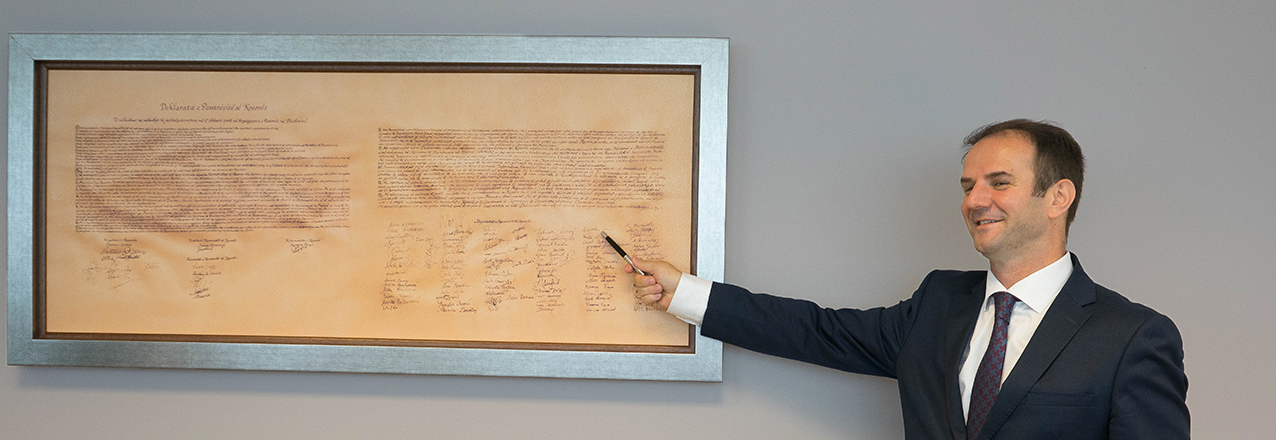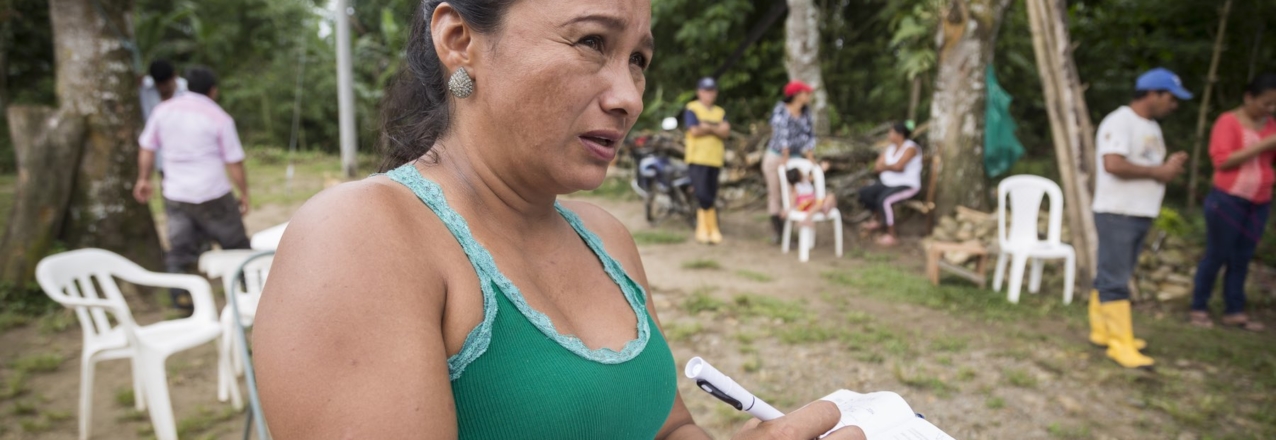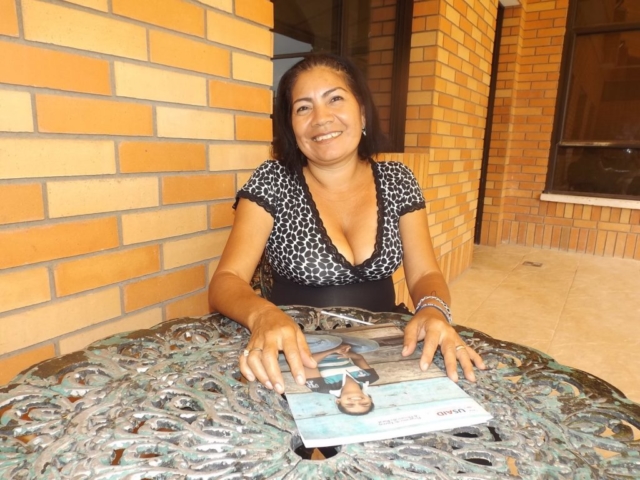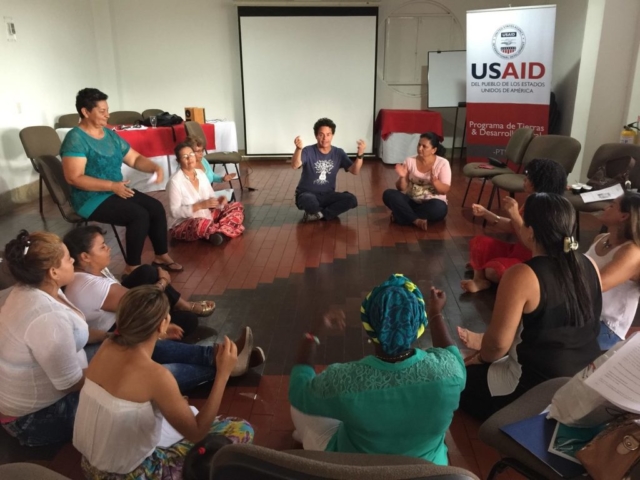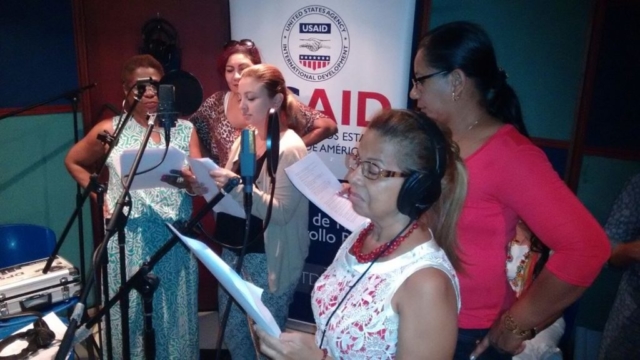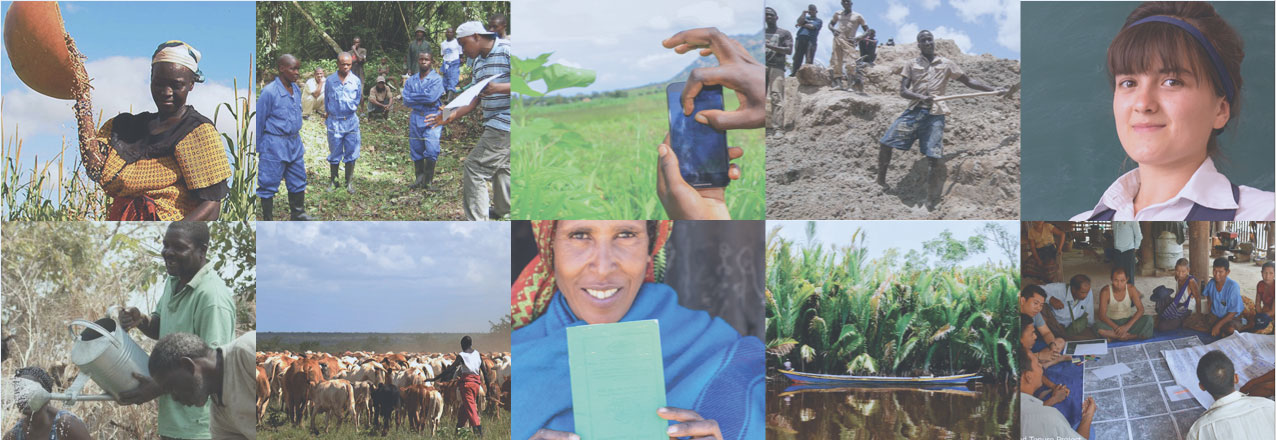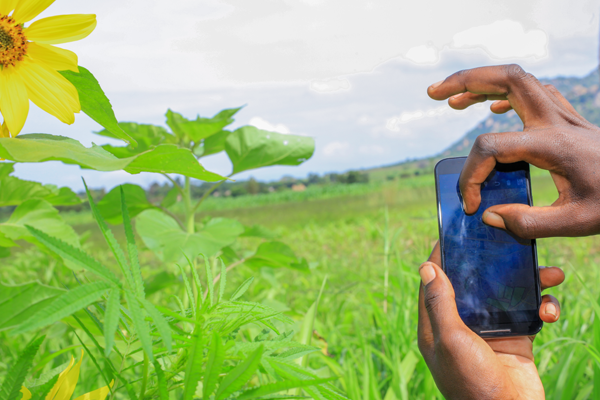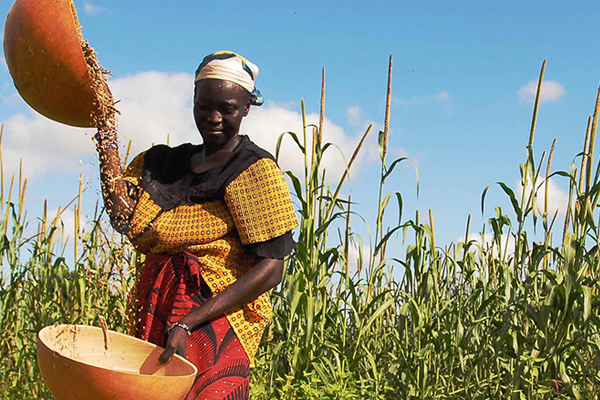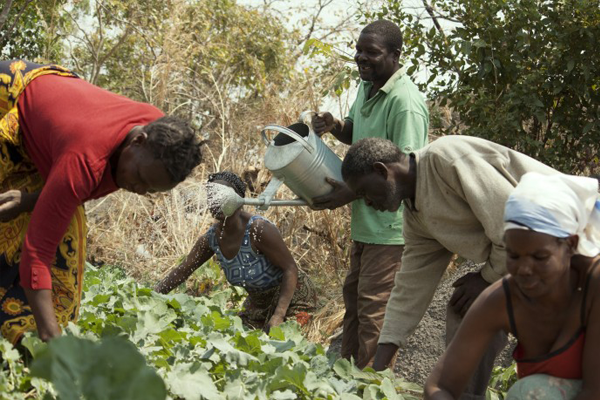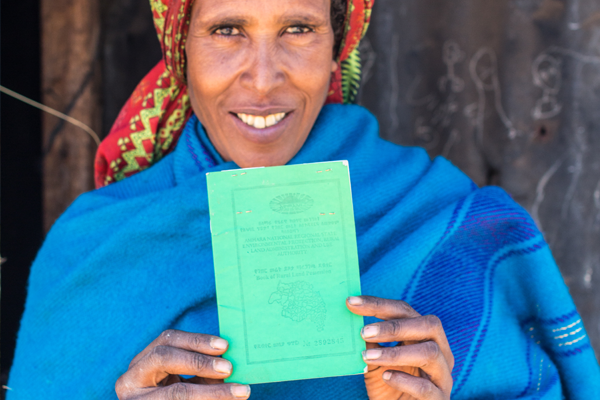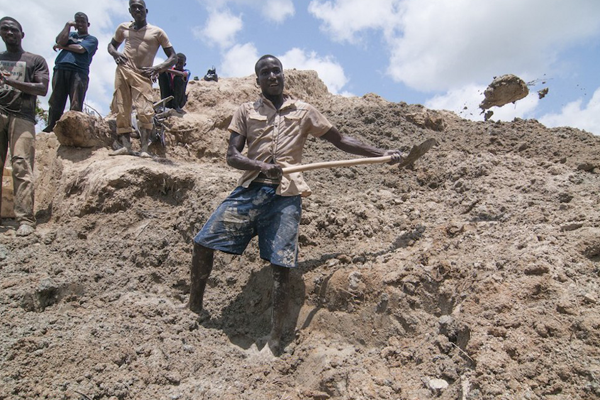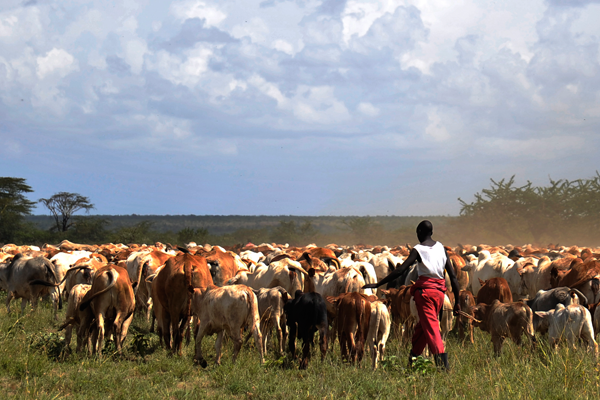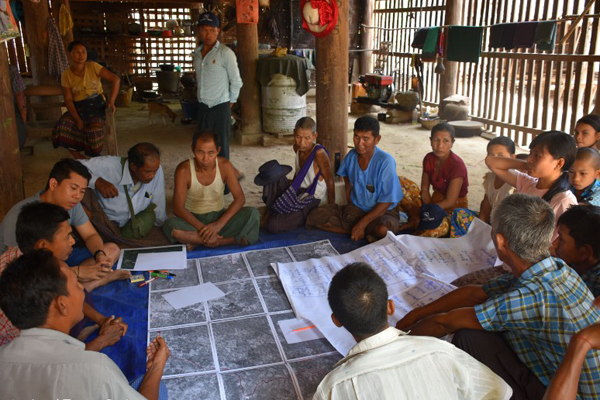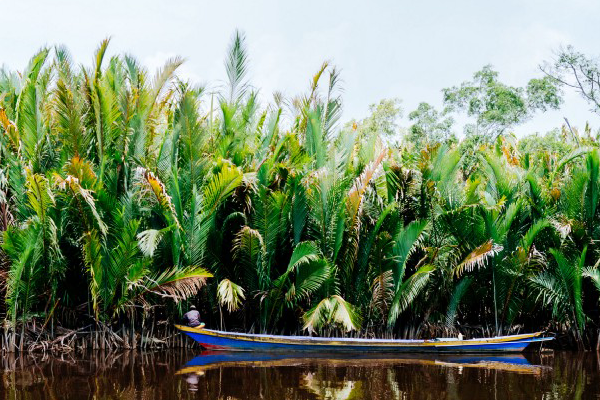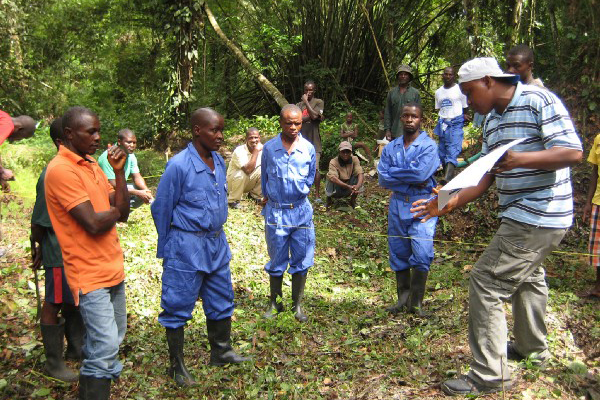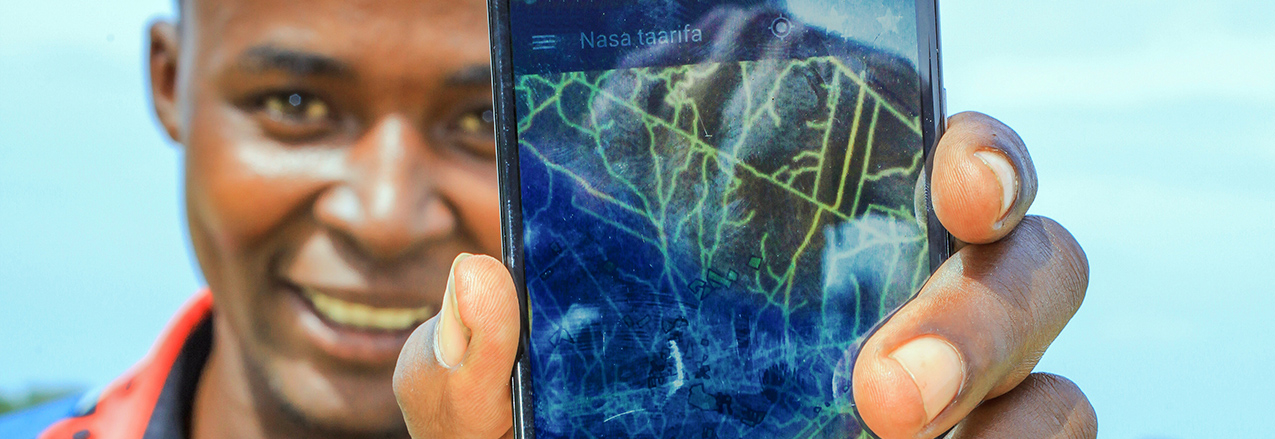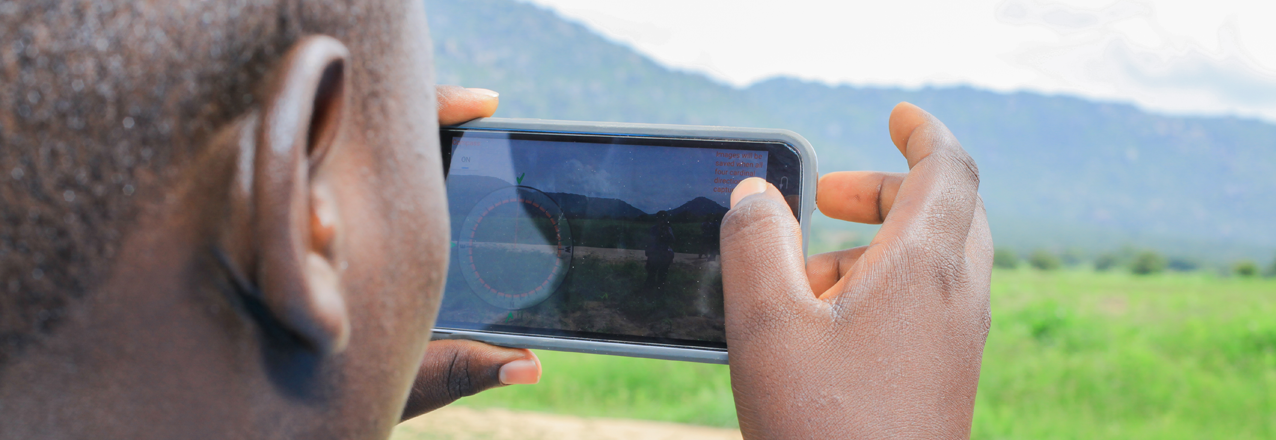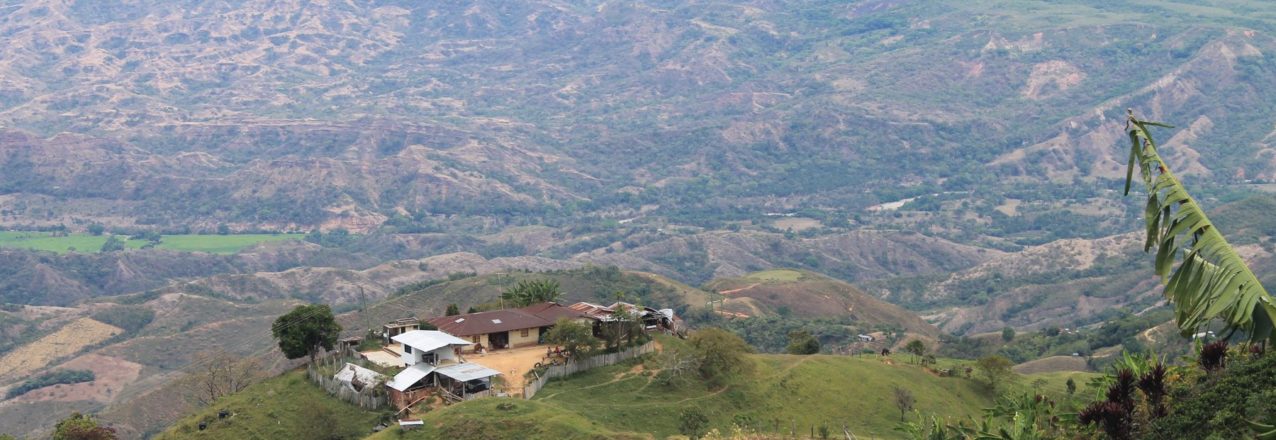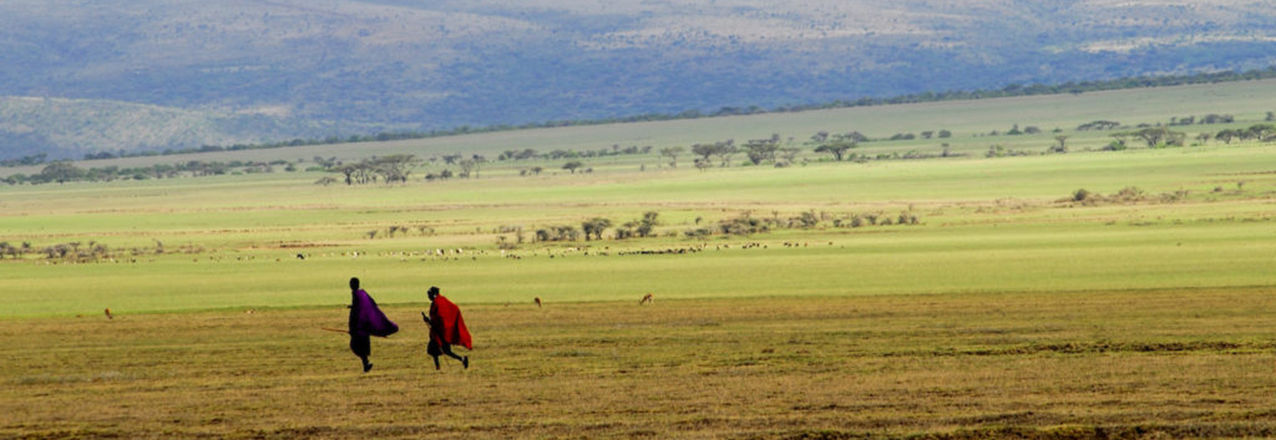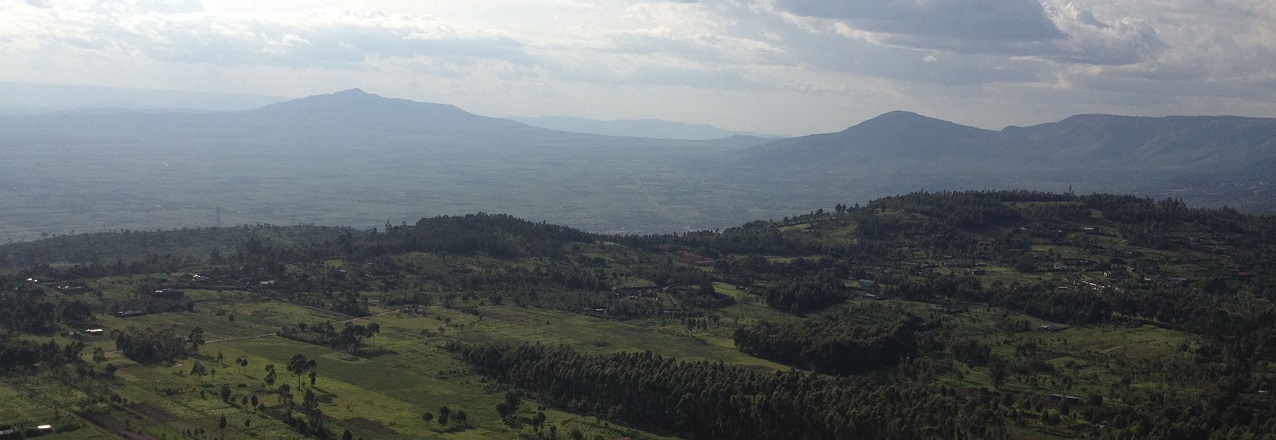Here are the recent land tenure and resource management media items:
USAID & U.S. Government
- Where the land meets the sea: Governing mangrove forests – discusses USAID’s mangrove tenure report (2/2/17)
Source: CIFOR
Related report: Where Land Meets The Sea: A Global Review of the Governance and Tenure Dimensions of Coastal Mangrove Forests (12/15/16) - The human element of mangrove management – republication of Stephen Brooks’ Medium piece (1/30/17)
Source: CIFOR - Philippines: USAID to stage sustainable land use conference – mentions USAID’s SURGE project (2/7/17)
Source: Business World Online - An Open Platform for Documenting Property Rights – mentions USAID’s MAST project (1/26/17)
Source: GIM International - Liberia: LLA Hosts Meeting On Land Rights Bill Today – mentions USAID’s LGSA project (1/26/17)
Source: AllAfrica / Daily Observer - Extension As Resource In Land Tenure And Transition Matters (2/7/17)
Source: USDA Radio Podcast
Reports and Publications
- Honduras land rights activists hit by “epidemic” of violence, watchdog says (1/31/17)
Source: Thomson Reuters Foundation
Global Witness report: Honduras: The deadliest place to defend the planet (1/31/17) - Whose Crops, At What Price? Agricultural investment in Myanmar (2/4/17)
Source: Oxfam
Global
- LEGEND Land Policy Bulletin #6 (2/6/17)
Source: DFID - Related: 2016 DFID Land Portfolio Overview (February 2017)
Source: DFID / Land Portal - Young change makers using tech to solve land corruption (2/6/17)
Source: Transparency International
Africa
- Cote d’Ivoire: 3,000 land certificates issued through EU cooperation (1/31/17)
Source: Ecofin Agency - Senegal : Paralegals trained at Kaolack ready to teach women and youth about land tenure (1/23/17)
Source: Ecofin Agency - Mali: New law a glimmer of hope for women’s land rights in Mali (1/30/17)
Source: Thomson Reuters Foundation - Tanzania: Interview: “Pastoralist women have the capacity to lead” (12/19/16)
Source: Ileia
Americas
- Guatemala: Give women land to build lasting peace in Guatemala – Nobel laureate (2/3/17)
Source: Thomson Reuters Foundation - Brazil alters indigenous land demarcation process, sparking conflict (2/2/17)
Source: Mongabay - Brazil slum dwellers shun home ownership, fearing gentrification (2/2/17)
Source: Thomson Reuters Foundation - Half of Brazil’s population lack full property rights, govt says (1/27/17)
Source: Thomson Reuters Foundation - Nicaraguan women ‘like farm animals’ despite promised land reform (1/27/17)
Source: Thomson Reuters Foundation - US: Facebook’s Mark Zuckerberg drops case to acquire Hawaiian land (1/28/17)
Source: BBC
Asia
- Cambodia: Boeung Kak: A Disastrous Decade (2/3/17)
Source: Phnom Penh Post - Cambodia: Communities protest sugar disputes (2/1/17)
Source: Phnom Penh Post - Burma: Consultation on investment rules highlights land issues (1/30/17)
Source: Myanmar Times
Pacific
- Indonesia’s land transfer a breakthrough for indigenous rights: activist (1/11/17)
Source: Thomson Reuters Foundation


